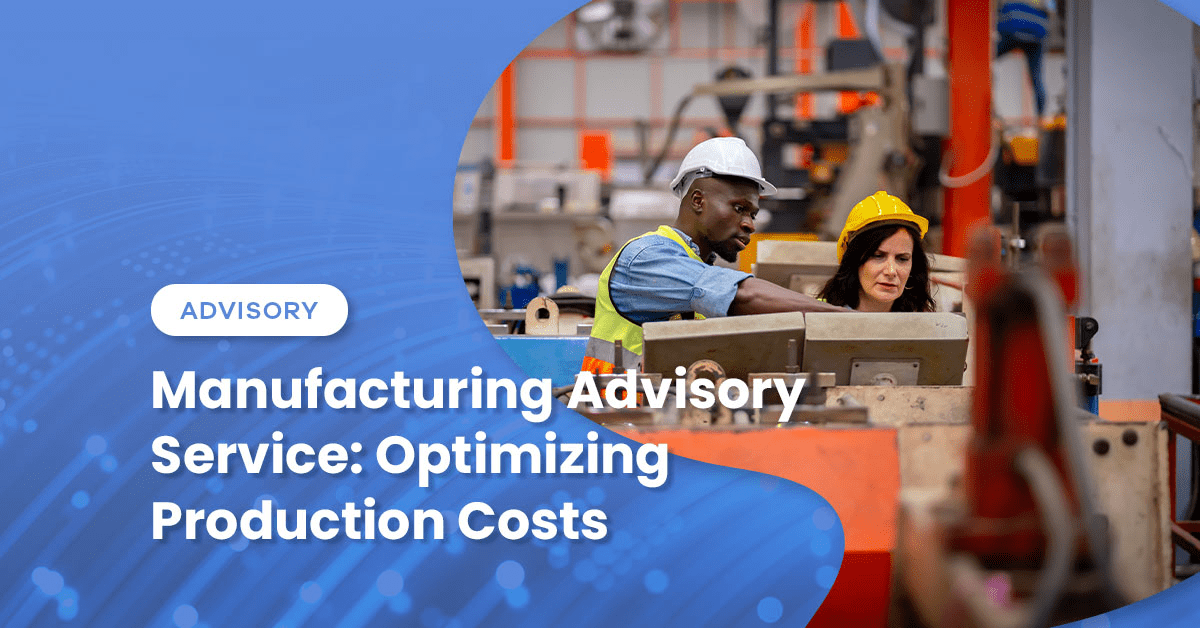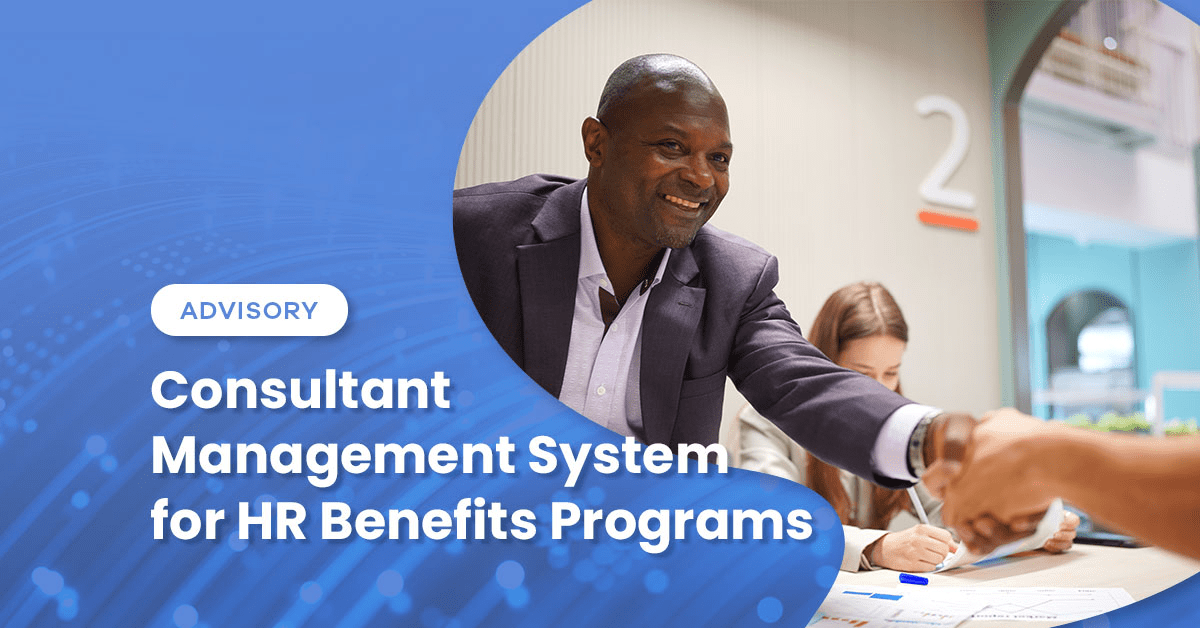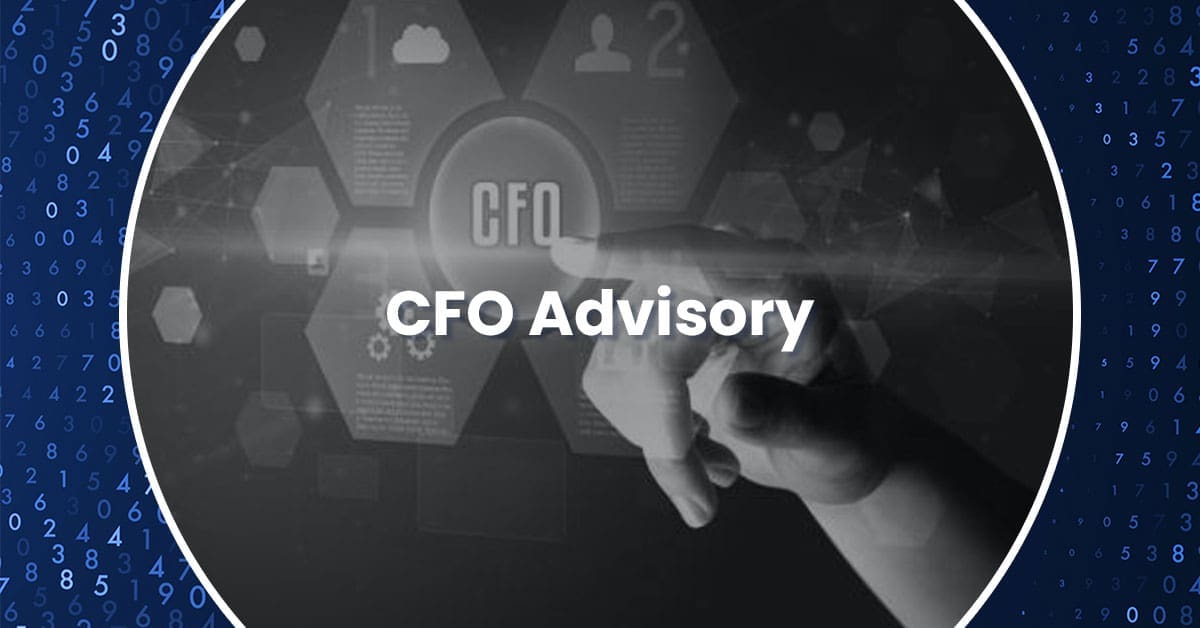By Paul Ursich
If the end of one calendar year and the beginning of the next is when your company starts planning the future and prioritizing investments in technology, I hope you’ll spend some of this time considering your accounting system. Call it your Y2K17 effort if you will, but it’s your strategic efforts to improve your technology footprint in order to increase productivity, financial accuracy and, ultimately, profitability.
If you’re like a lot of our clients, you’re likely using QuickBooks as the foundation of your accounting system. It’s a good choice as a general ledger system, but it’s limited in the scope of what you can accomplish.
Fortunately, there are many accounting applications that sync seamlessly with QuickBooks and other general ledger software to fully automate your system and make the job quicker, easier and more accurate and responsive to your reporting and analytical needs. This array of products is sometimes referred to as your accounting technology ecosystem.
The whole idea of throwing out your manual, spreadsheet-based system and going with a complete tech upgrade might seem both expensive and intimidating. That’s why we suggest phasing in the new technology, one component app at a time. In addition to being more budget-friendly, it will make training easier and nearly seamless.
Leading Ecosystem Components
The first question you must be asking yourself is—where do I start? That answer is largely going to depend on your company, your mode of operation and your current pain points. But in general, here are a few accounting ecosystem components worth paying attention to first.
Business Intelligence – BI apps enable companies to take a much closer look at their finances through a wide range of reports. The dashboard configuration allows multiple users to easily call up and analyze the numbers in real time.
Bill Pay – Working in both accounts payable and receivable mode, a good bill pay app will cut many manual steps by automatically issuing invoices and payment to linked business accounts. No more time waste, hassle and potential error of sending and receiving checks.
Sales Tax – How many states and municipalities do you do business in? Each has its own taxing standards and you’re expected to know all of them when charging customers. Sales tax apps make it lightening quick to calculate the proper tax and automate the reporting process.
Point of Sale – POS apps offer hardware and software solutions that will simplify your transactions and seamlessly merge your accounting and merchant services functionality.
Ecommerce – If you conduct some or all of your business online, a good ecommerce app can be critical. In addition to yielding real-time sales reporting information, it will link with your inventory management system so you always know when inventory is running low and customers must be alerted to shipping delays.
You might prioritize your needs differently. Perhaps you’d start your tech upgrade with apps for HR, time tracking, project management, client portals or others, depending on your mode of operation. But we can help you identify your weak spots and, working within your budget, begin the process of building an accounting technology ecosystem that will custom-fit your unique challenges and opportunities.
Paul Ursich is Director of Advisory Services at Wiss & Company LLP. You can reach him at 973.994.9400 or at [email protected].

 Previous
Previous




